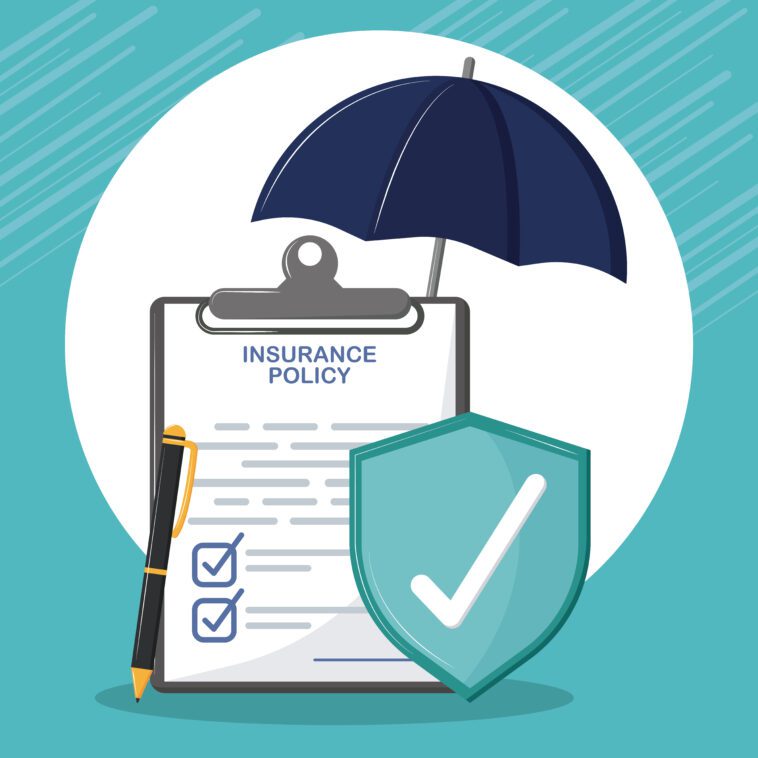Personal injury protection (PIP) is a type of auto insurance that helps cover medical expenses and other essential costs when you’re injured in an accident. It may also be referred to as no-fault coverage and may be required in your state.
PIP coverage can assist with many of the expenses that follow a car accident, such as your health insurance deductible and lost wages. It also reimburses for replacement services like child care or house cleaning that become necessary due to the incident.
It pays for medical expenses
Personal injury protection (PIP) insurance pays for medical expenses and lost wages depending on which state you live in. It’s commonly referred to as no-fault coverage because it protects you and your passengers regardless of who was at fault for an accident, up to a specified limit that you set.
Optional Personal Injury Protection (PIP) is an optional add-on to your auto policy that’s mandatory in certain states (like Oregon), though residents have the choice not to participate. MedPay on the other hand is a less comprehensive type of coverage only required in two states and works similarly to PIP; it helps cover medical expenses after an accident.
Following a car accident, you may face costly medical bills that can pile up quickly if you’re hospitalized for several days. Your PIP coverage could help cover those costs and more by covering things like rehabilitation, childcare or household services that would otherwise go unpaid if an accident had taken place.
Furthermore, it can even help cover funeral costs and any other expenses connected to your death from an accident. This is a beneficial benefit as the costs associated with losing someone you care about can mount up quickly, placing strain on finances.
To make sure you do not go over your PIP limits, consult with your health insurer and adjust accordingly. In some states, health insurance can serve as the primary form of injury protection after an accident; however, this must first be designated as your primary source of medical care before any reimbursements can be processed.
You should consider purchasing additional personal injury protection if your insurer doesn’t cover all of your injuries. This could help cover some financial losses if you’re unable to work or self-employed; however, it’s best to shop around for the best coverage that meets your requirements.
Finally, PIP (Personal Injury Protection) is an integral component of car insurance policies and should be taken into account alongside liability coverage. After an accident, it’s imperative to seek medical help immediately so you can recover fully.
It pays for lost wages
If you are unable to work due to injuries sustained in a car accident, personal injury protection (PIP) insurance can help cover lost wages. It pays a portion of your income for up to three years after the crash, up to the policy limit.
In certain states, personal injury protection may pay for part of your medical bills. This covers a range of expenses such as hospital stays, surgeries, treatments, medication and rehabilitation therapy.
In New York, personal injury protection will reimburse up to 80% of your lost wages for up to three years after an accident. So if you earn $6,000 a month, PIP could reimburse up to $2,000.
However, in order to receive lost wage reimbursement under New York’s no-fault insurance law, you must submit written evidence to the insurer within 90 days of your accident. This should include a copy of your doctor’s note confirming that you will be unable to work for 30 days following the incident.
This requirement may seem tedious, but it’s essential for receiving lost wage benefits after your accident. Without it, no-fault insurance will stop covering those wages for you.
Massachusetts personal injury protection coverage typically pays out up to $8,000 in benefits for medical expenses, lost wages and replacement services. This could include ambulance, hospital, nursing and funeral services as well as X-ray, dental and surgical costs.
It pays for funeral expenses
Funeral and burial expenses for a victim of wrongful death can be a major financial strain. While compensation from the at-fault driver’s insurer is common, it may not be enough to cover all necessary costs associated with a funeral service.
In some states, personal injury protection (PIP) may cover part of a deceased person’s funeral expenses. Although the amount provided is usually small, it can be helpful for families who are facing hardship after an accident.
PIP (Protective Insurance Benefit) is available in 12 states and can be a tremendous resource for car accident victims. It helps cover medical expenses and lost wages without the need to rely on an investigation or court case, making it the perfect solution.
PIP provides medical payments coverage as well as a death benefit of $5,000, which can be used for funeral expenses in the event of an auto accident. This optional benefit is relatively inexpensive to add on to an existing policy and could help cover expenses associated with losing someone in an accident.
The amount of a death benefit is determined by the insurance company and can be paid out to a survivor’s spouse, child, or parents. Depending on the state, this benefit may also be awarded to the estate of the deceased.
If you have suffered serious or fatal injury in an automobile accident, contact an experienced New York car crash attorney right away for assistance. They will guide you through the legal process and ensure that you receive fair treatment as well as help secure full monetary recovery for which you deserve. Reach out to Phil Franckel today to discover more about your legal rights and options after an accident.
It pays for pain and suffering
Personal injury protection (also referred to as no-fault insurance) can cover the medical costs of an accident. Depending on where you live, your insurer will reimburse you for a variety of health-related expenses such as medical bills, x-rays, surgeries and even some lost wages if injuries from a car crash prevent you from working.
The great thing about this coverage is that you can get it even if you already have a health insurance policy. It’s an invaluable addition to your current plan and can make a significant difference in the financial stability after a car accident. The most crucial part is selecting the correct type of policy for your needs and budget; consulting with an experienced insurance professional before making your choice is wise, as well as opting for the most cost-effective option available to afford. By doing so, you’ll free up time for more important matters such as recovery and family financial security.


